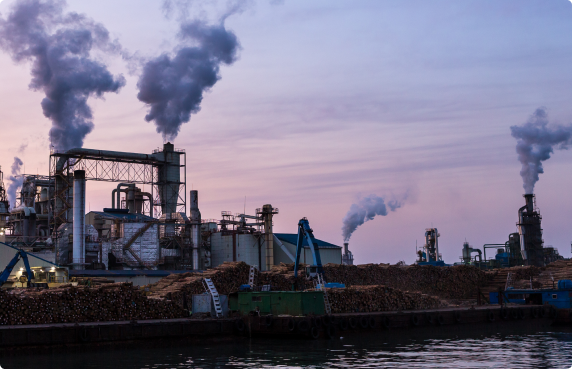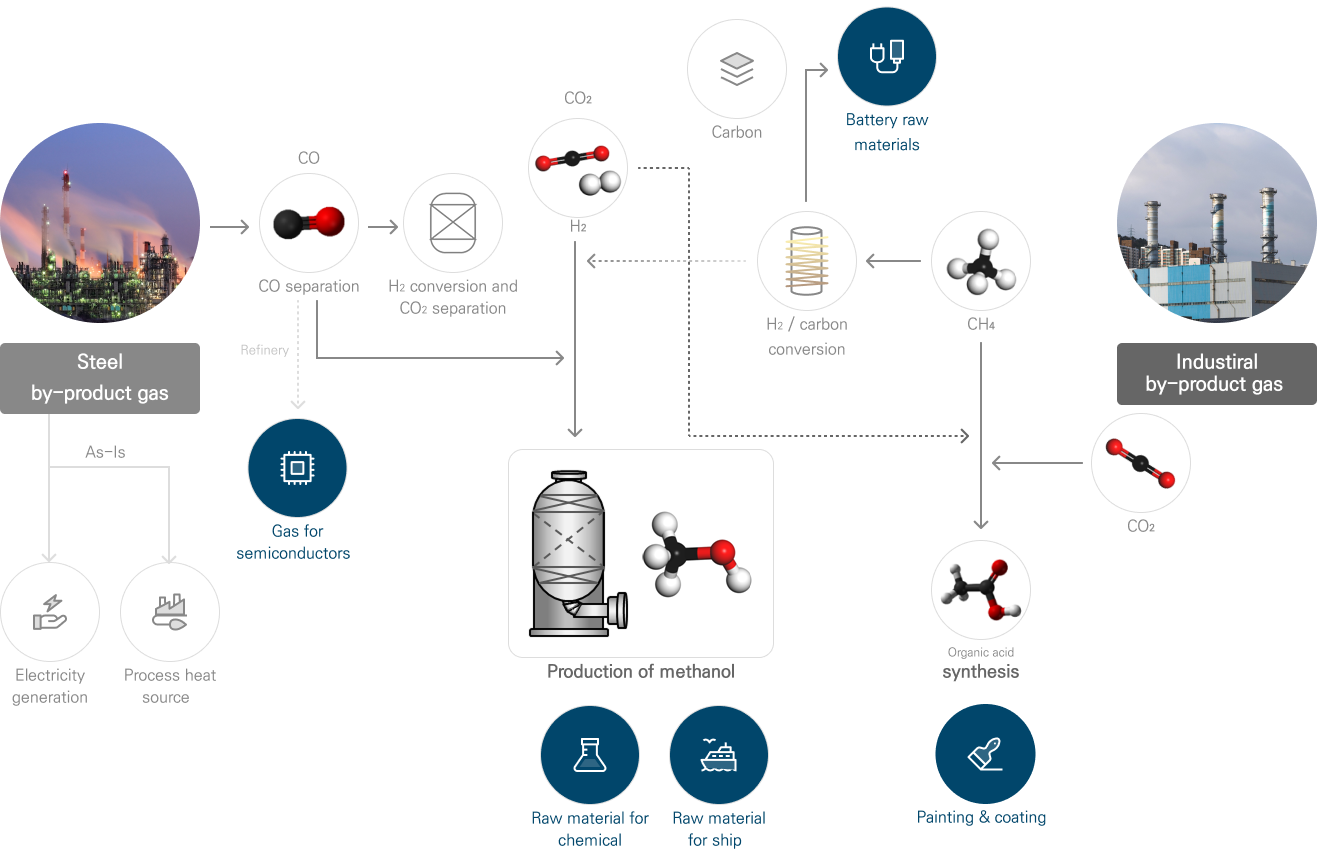Overview of Primary Research Area 3

Catalytic Conversion of
By-product Gases
Research Objective
Developing catalysts, reaction systems, and commercialization technologies for large-scale production of low-carbon fuels and feedstocks using industrial by-product gases.

